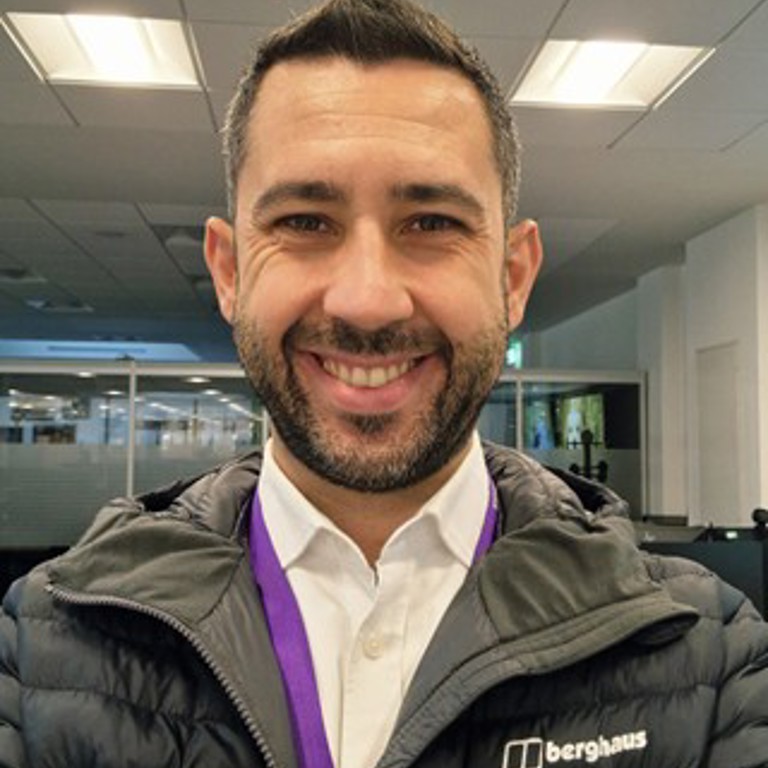Eur Ing Tanju Beyoglu MCIBSE CEng is a Project Manager currently operating in the Renewable High Voltage Grid Energy sector in the UK. Having joined CIBSE as a Graduate in 2015, he was awarded MCIBSE CEng status in UK and Ireland in 2021. Now, Tanju volunteers as a Mentor on the CIBSE Mentoring Platform, which is designed to connect members to one another. We caught up with him to ask about his experiences.
How did you first find out about the CIBSE Mentoring Platform and what inspired you to sign up as a mentor?
Since becoming a chartered engineer in the UK, I started querying how to become a CIBSE Membership assessor and interviewer at CIBSE. Eventually, CIBSE came back to offer this platform.
What do you enjoy most about being a mentor?
- Our network in the UK Built Environment industry is a unique one with so many talented individuals.
- I recognise the shortage of our skill set and the skill gap in the UK market. When I was a graduate, there used to be 10s of entries each summer in an ordinary consultancy. Whereas nowadays there are hardly 2 – 3. I strongly feel that we all need to do our part to promote our expertise and reflect on the reality.
- Giving back to our community and seeing driven individuals achieve their goals is the biggest honour to witness.
- Broadens my network of engineers and keeps me up to date with some cutting edge technology, software being used in industry.
Do you have a structured approach to mentoring?
Yes, I do follow the approach which worked for me thanks to my mentors. Regular check in meetings and recording the progress have been key for everyone I had the pleasure of working with career progression.
How has the mentoring experience impacted your own professional growth?
It brought about more recognition from my colleagues, as I am one of the very few people in the organisation who are chartered engineers and have the ability and the skill set to mentor others.
How do you balance mentoring with your other professional responsibilities?
Planning in advance helps to spend sufficient time with the mentees whilst keeping the daily / weekly workload on track.
I recommend having 30 – 40 min check ins every 5 weeks as a minimum. I do however bear in mind there are urgent requirements from the Mentees, such as application of IEng, CEng; or preparing for a job interview or asking for promotion. On such occasions, I always leave availability for urgent reviews or meetings to support and elevate the prospects of candidates as much as I can.
What advice would you give to someone considering becoming a mentor?
- I would suggest showing empathy by putting yourselves in that person’s shoes.
- Active and effective listening, meaning, hearing out what the mentee is going through including their background of education and work experience without interruption.
- Always remember to ask openly what it is they need help with and what they want to achieve. The tools on the CIBSE Online Mentoring platform, e.g., STAR method, etc. have been helpful in this manner.
- Remember this is a 2 way activity, so there is no need to force progression. The more individuals get involved, the more they can get out of the process!
If you are inspired by Tanju to become a mentor, go to cibse.org/mentoring to learn more!
